Foil kills slowly: what happens in the body after baking food in foil
Scientists are increasingly asserting that cooking in aluminum foil may be unsafe for health. Why?
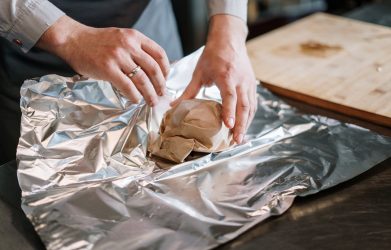
Almost every housewife has a roll of foil in her kitchen - a convenient, versatile, irreplaceable thing in the household. We bake meat, potatoes, fish in it, and cover the pan in the oven to prevent it from burning. It seems that it is just a piece of metal that cannot do any harm. But everything is not so harmless. Scientists are increasingly asserting that cooking in aluminum foil may be unsafe for health.
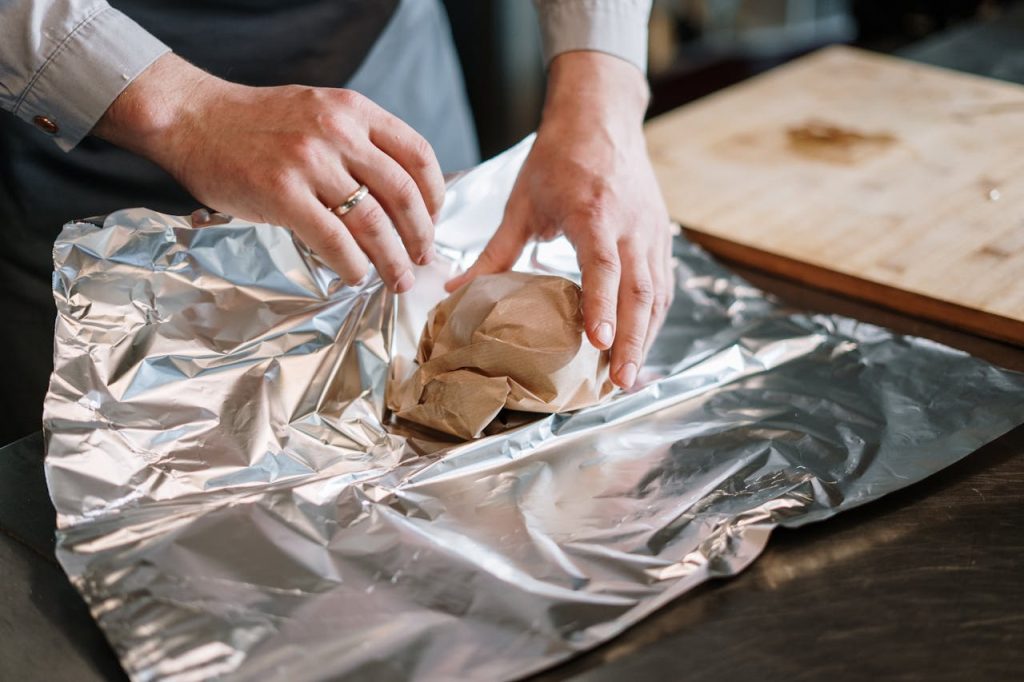
Why you should be careful with aluminum
Aluminum foil is the thinnest layer of metal, consisting of 92–99% aluminum. Aluminum itself is not toxic, and the World Health Organization does not classify it as a dangerous carcinogen. However, there is one “but”: this element can gradually accumulate in the body. And that's when the problems begin.
Over time, even microscopic doses of aluminum can penetrate the blood-brain barrier—the brain’s natural defense—and settle in tissues, bones, and internal organs. Scientists find traces of aluminum in people with cancer, as well as in patients with Alzheimer's disease: in their hair and lymph nodes the level of metal is significantly higher than normal. There is evidence that aluminum affects the nervous system, human metabolism, and can even disrupt cell growth.
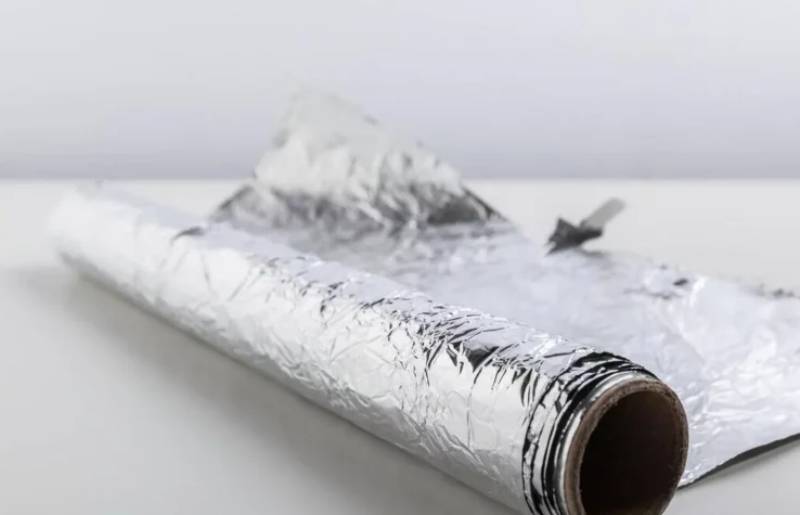
Why is foil especially dangerous when heated?
When we cook food in foil, especially sour food (for example, fish with lemon or vegetables with tomatoes), aluminum begins to actively interact with the food. The higher the temperature, the more intense the reaction. Research shows that such a dish may contain up to six times more aluminum than WHO allows per day. And the more often we bake food in foil, the more metal settles in our body.
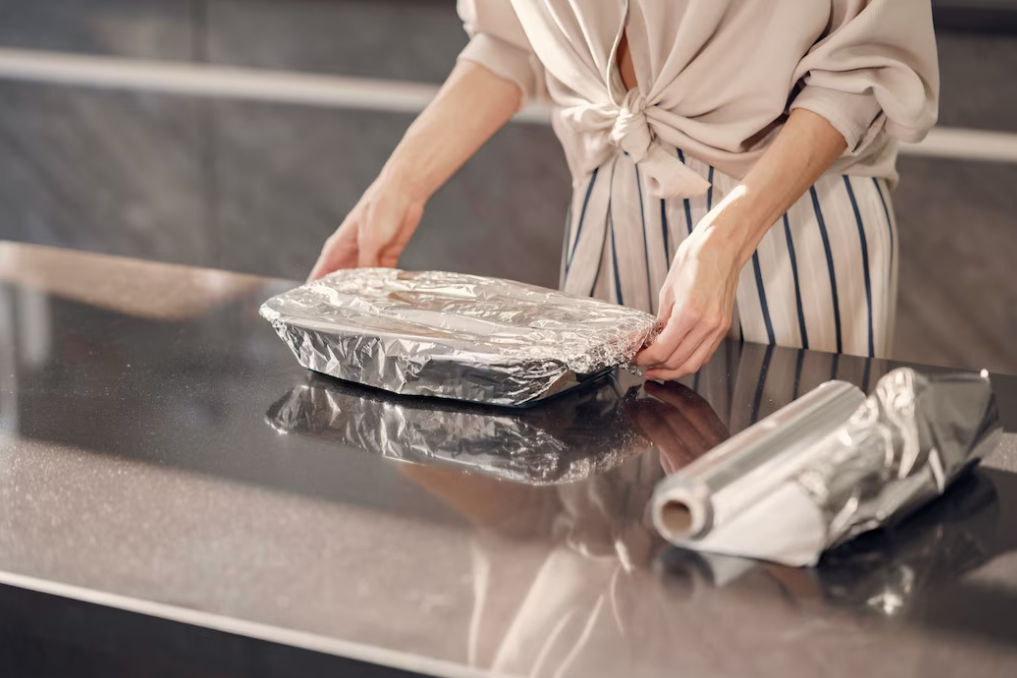
Aluminum cookware is another source of toxic load on the body
In Soviet times, aluminum pots and mugs could be found in every kitchen. Such dishes were cheap and practical. But later it turned out that when heated, aluminum gets into food, especially if you cook acidic foods - borscht, compotes, sauces. Today they try not to produce such products. In addition, modern dishes are protected by a special coating that prevents oxidation - but ordinary foil does not have such protection.
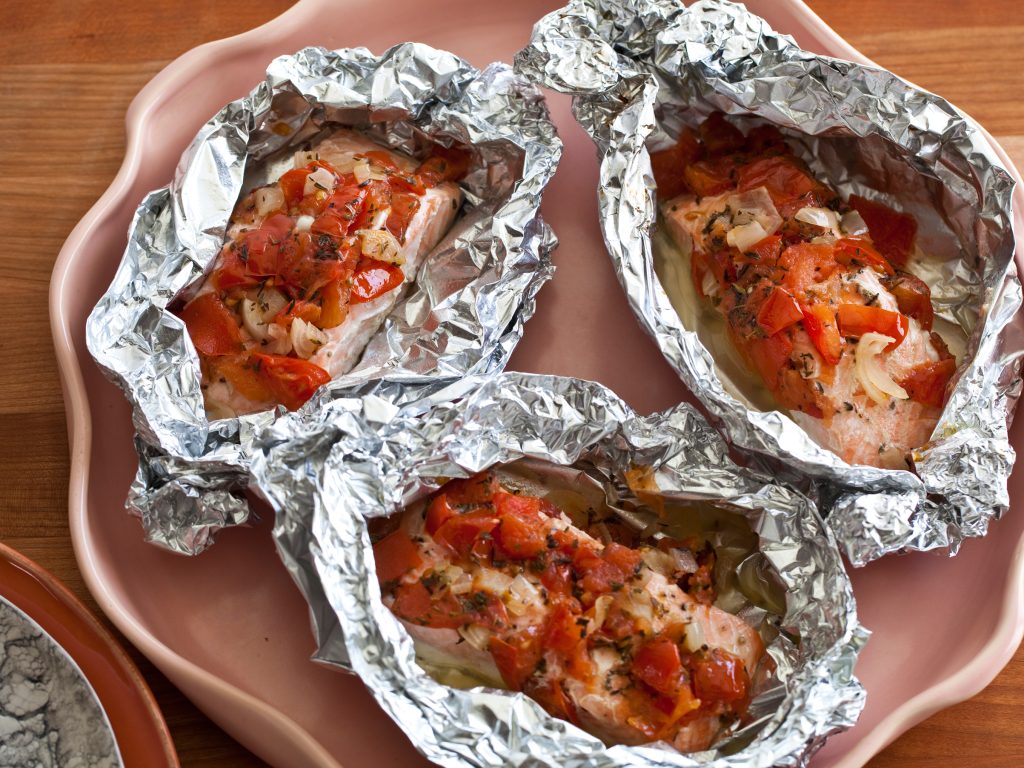
How to protect yourself
It may be difficult to completely avoid foil. But it is possible to reduce harm.
- Use parchment paper for baking - it does not react with food and does not release harmful substances.
- If you really cannot do without foil, first wrap the food in parchment and then in foil - double protection will significantly reduce contact with metal.
- Do not store food in foil, especially hot or sour food. The metal “transitions” into food even at room temperature.
- Avoid aluminum containers and packaging, especially for storing semi-finished and ready-to-eat foods.
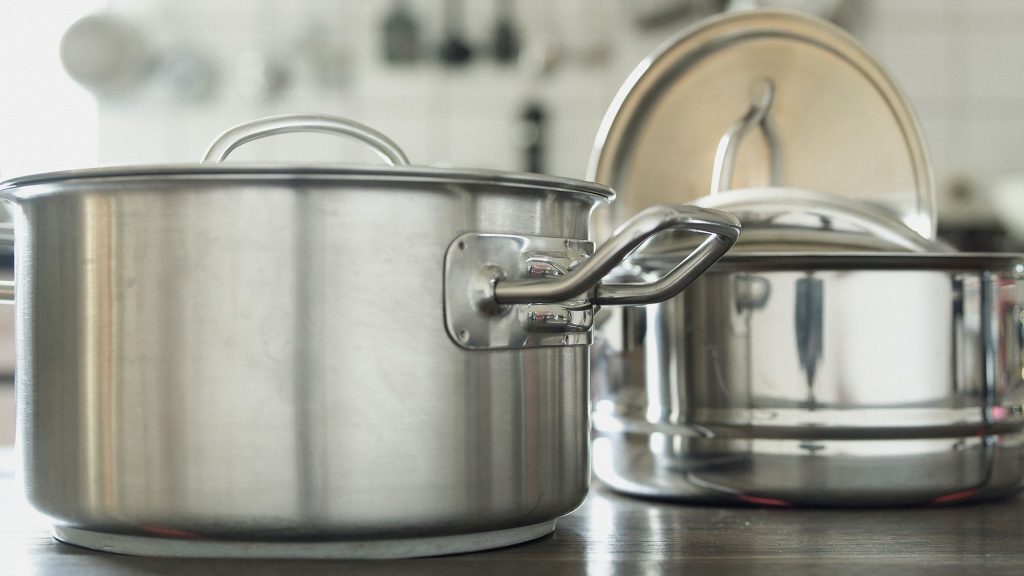
Aluminum foil is indeed convenient, but comfort often comes at the price of health. And if no one thought about this before, now is the time to reconsider your habits!

These 11 states see the worst side of Covid right now

Here is the freshness insanely lamborghini francis pope the sale is auctioned
